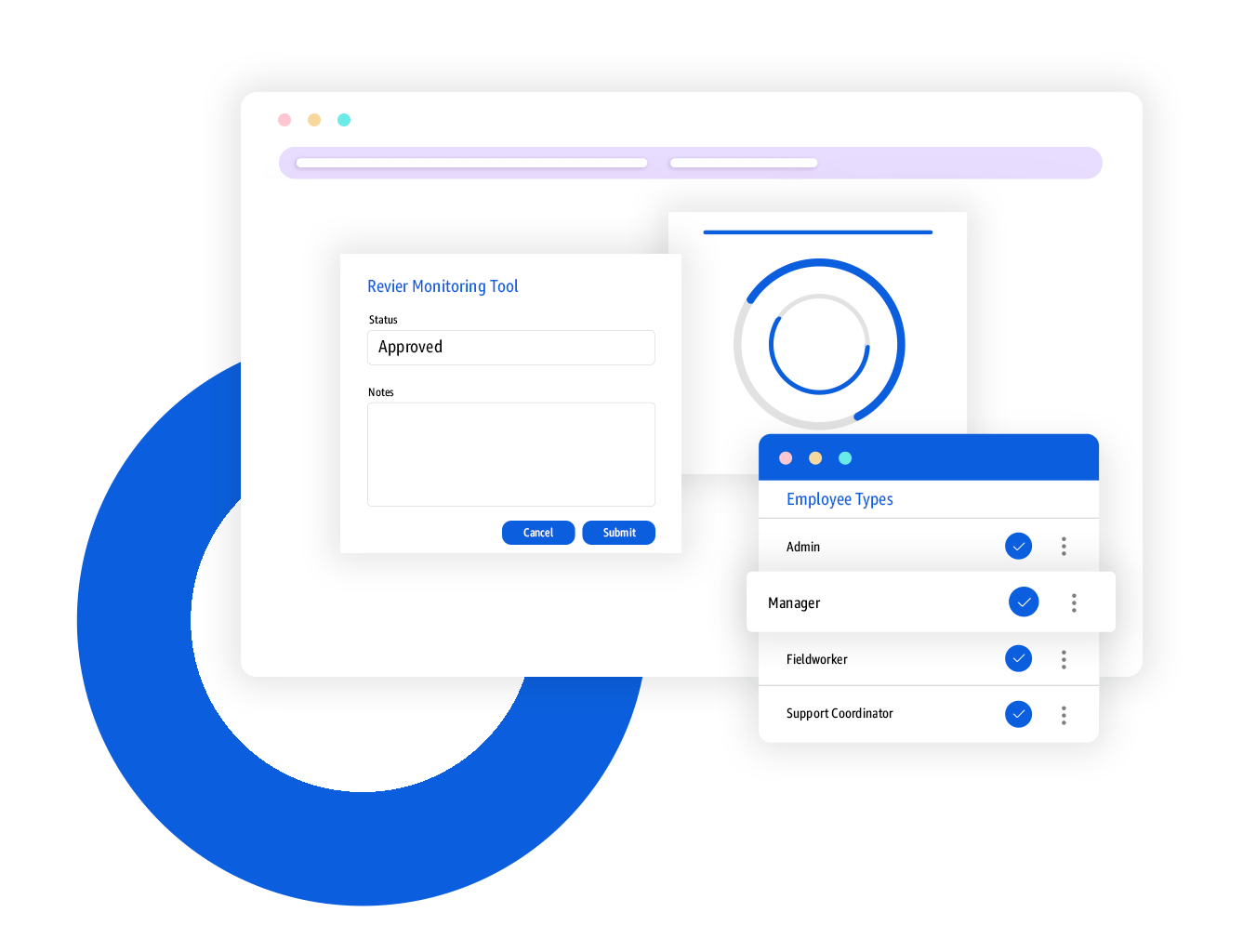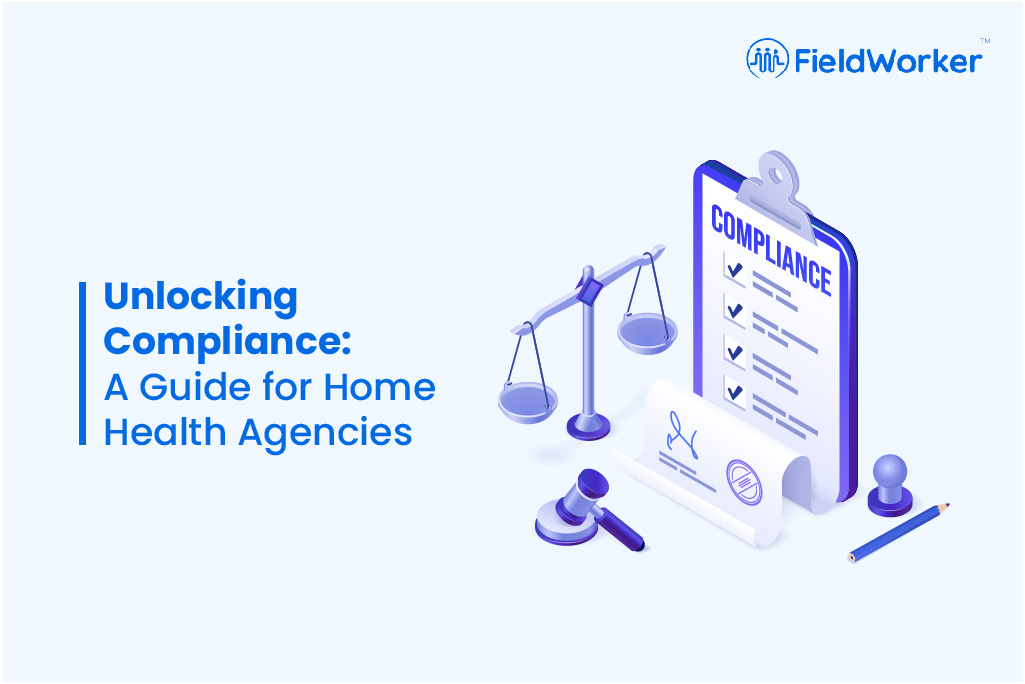In the dynamic landscape of home health care, where quality service delivery is paramount, regulatory compliance is the sturdy pillar upon which every agency must stand. While the Centers for Medicare and Medicaid Services (CMS) have intensified their efforts to combat waste and abuse, the healthcare industry faces a rising tide of audits and investigations. The Department of Justice and the Federal Bureau of Investigation are actively probing cases of fraud within home care, making it imperative for agencies to be audit-ready at all times.
So, how can home health agencies prepare themselves for the wave of audits expected in the near future? In this article, we’ll explore the top focus areas for home health audits, shedding light on how to bolster your agency’s compliance plan and safeguard its reputation.
Top Focus Areas for Home Health Audits According to the OIG
The Office of Inspector General (OIG) provides valuable insights into the critical areas auditors scrutinize during home health audits. Staying ahead in these domains is essential for every agency:
- Billing Accuracy:
Auditors meticulously check for billing of services or items that were not rendered, duplicate billing, and billing for services to patients who are not homebound. Agencies need to ensure their billing practices are precise and in alignment with service delivery. - Medical Necessity:
Auditors assess whether services provided are medically necessary. Home health services must be justified, reasonable, and necessary for the patient’s condition. Ensuring that your documentation clearly reflects these criteria is crucial. - Referral Relationships:
Home health agencies need to be cautious when forming referral relationships. State and federal laws regulate these connections. Violations can lead to overutilization, increased care costs, and compromised medical decision-making. - Security and Privacy:
With the healthcare sector becoming a prime target for cyberattacks, agencies must prioritize the security and privacy of patient information. Compliance with the Health Insurance Portability and Accountability Act (HIPAA) and the Health Information Technology for Economic and Clinical Health (HITECH) Act is non-negotiable.
Compliance Tips for Home Health Agencies
To navigate the ever-evolving landscape of home health audits, agencies must adopt a robust compliance program. Here are some actionable steps to enhance your agency’s readiness:
- Regular Policy Reviews: Ensure your compliance policies and procedures are regularly reviewed and aligned with current regulations. Pay special attention to documentation, billing practices, and privacy policies.
- Medical Necessity and Homebound Status: Review the medical necessity and homebound status of your patients meticulously. Ensure that your patient records unequivocally meet these criteria. Regularly assess the certifying physician’s plan of care.
- Referral Relationships: Be cautious when establishing referral relationships. Understand the rules outlined in the Physician Self-Referral Law (Stark Law), Anti-Kickback Statute, and Civil Monetary Penalties Act. Avoid practices that could lead to overutilization and compromised care quality.
- Data Security: With increased reliance on technology, agencies must safeguard patient information. Abide by HIPAA regulations, and ensure that only authorized individuals can access and share patient data.
Audit-Ready Compliance Checklist
To fortify your agency’s compliance framework, follow these best practices:
- Train employees regularly on homebound definitions and service requirements.
- Conduct pre-billing chart reviews to assess compliance with agency, state, and federal.
- Perform random audits of patient records to evaluate homebound status and medical necessity.
- Maintain transparent financial arrangements with referral sources, adhering to formal contracts.
- Seek legal advice if unsure about the legality of a referral arrangement.
- Keep records of any gifts distributed to referral sources or clients.
- Implement strict controls over who can enter into financial agreements on behalf of the agency.
- Use pre-authorized contract forms reviewed by the leadership team.
- Encourage two-factor log-in access for device security.
- If employees use personal devices, establish a Bring Your Own Device (BYOD) policy.
- Designate a Privacy and Security Officer to oversee HIPAA compliance.
- Foster a culture of transparency and accountability where employees feel comfortable reporting potential violations.
In an era of heightened scrutiny, home health agencies must not only meet but exceed compliance standards. By adopting these proactive measures and remaining vigilant, your agency can stay audit-ready and continue providing the highest quality of care to patients in need. Stay prepared, stay compliant, and thrive in the world of home health care.

